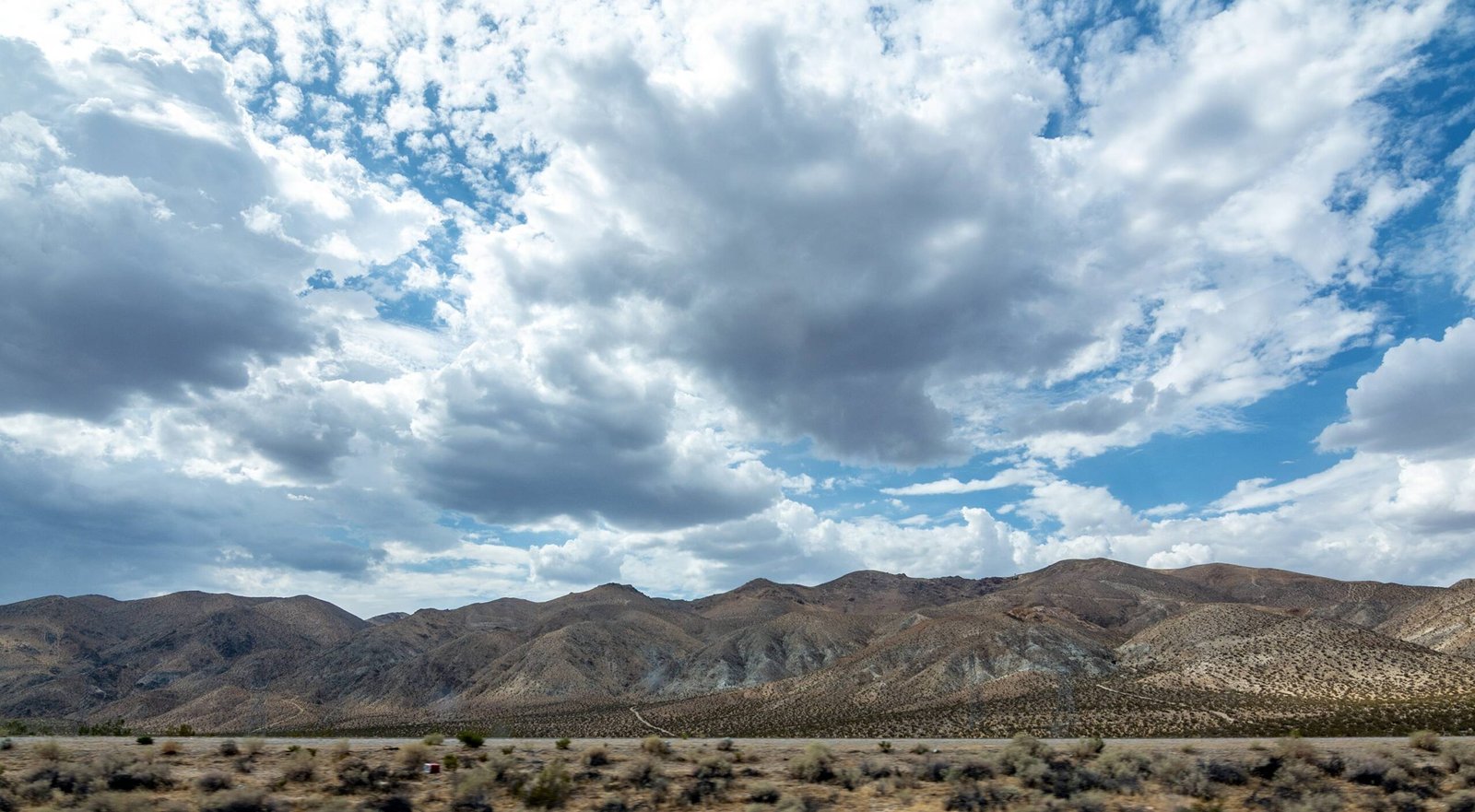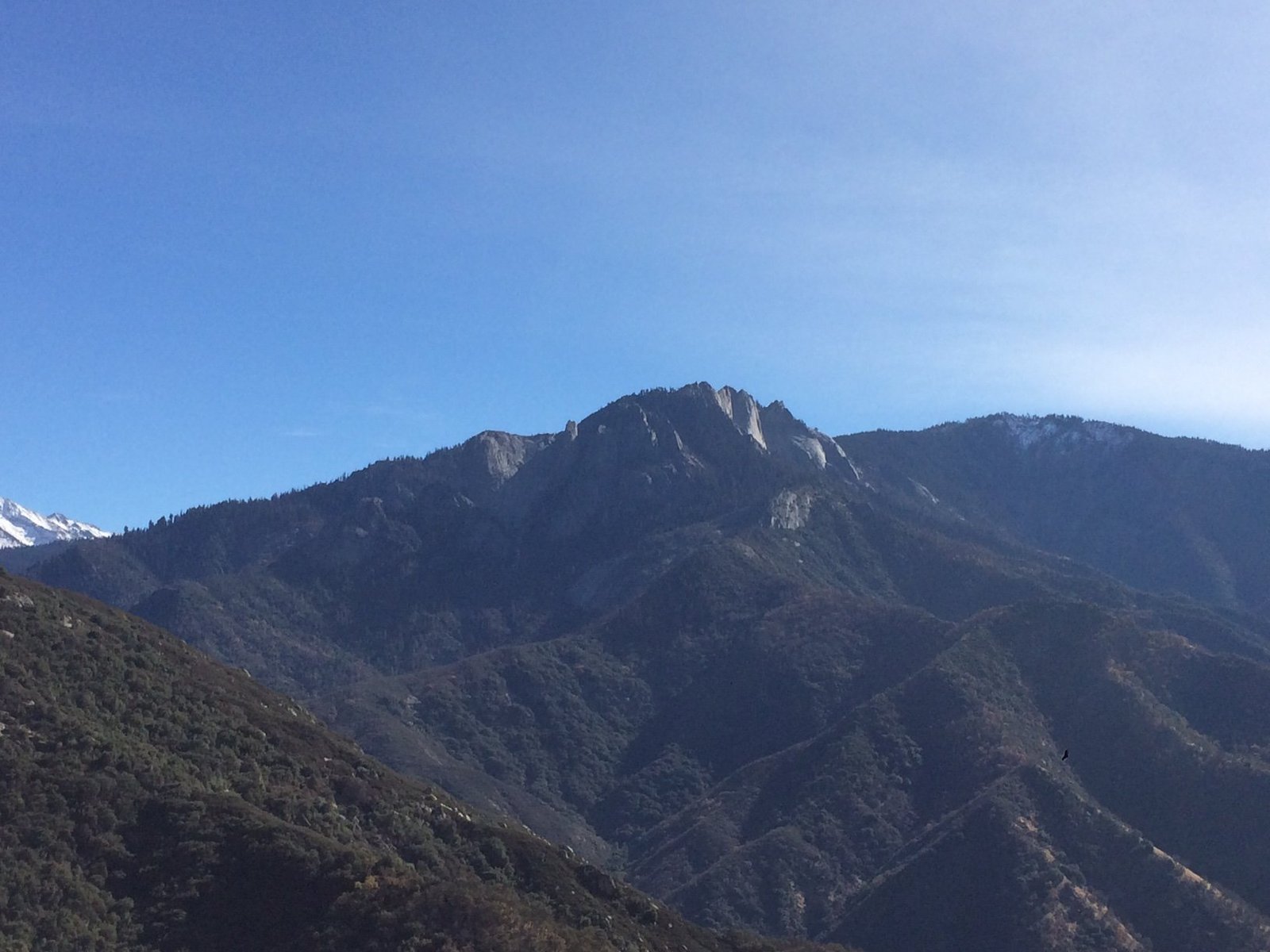Table Meadows in Sequoia National Park is a lesser-known but breathtaking area nestled within the majestic Sierra Nevada mountains. This serene meadow offers visitors a unique blend of natural beauty, diverse wildlife, and opportunities for outdoor recreation. Surrounded by towering sequoias and pristine wilderness, Table Meadows provides a tranquil escape for nature enthusiasts and adventure seekers alike.
What Makes Table Meadows Special?

Table Meadows stands out as a hidden gem within Sequoia National Park due to its unique characteristics:
- Lush, expansive meadow surrounded by giant sequoias
- Diverse ecosystem supporting a variety of flora and fauna
- Scenic hiking trails with panoramic views
- Opportunities for wildlife viewing and photography
- Peaceful atmosphere away from crowded tourist spots
Where Is Table Meadows Located?

Table Meadows is situated in the southern section of Sequoia National Park, approximately:
- 12 miles from the Giant Forest Museum
- 8 miles from Crescent Meadow
- 15 miles from the Lodgepole Visitor Center
To reach Table Meadows, visitors typically follow the Generals Highway and then take a series of well-marked forest roads.
What Are the Best Hiking Trails Near Table Meadows?
While Table Meadows itself offers a serene environment for exploration, several notable hiking trails are in close proximity:
- Table Meadows Loop Trail
- Length: 3.2 miles
- Difficulty: Moderate
-
Highlights: Meadow views, sequoia groves, wildflowers (seasonal)
-
Sequoia Creek Trail
- Length: 5.6 miles (out and back)
- Difficulty: Moderate to challenging
-
Highlights: Creek crossings, diverse forest ecosystems
-
Ridge View Trail
- Length: 4.1 miles
- Difficulty: Moderate
- Highlights: Panoramic vistas, bird watching opportunities
When Is the Best Time to Visit Table Meadows?
The ideal time to visit Table Meadows depends on your preferences and desired activities:
| Season | Pros | Cons |
|---|---|---|
| Spring (May-June) | Wildflower blooms, mild temperatures | Possible lingering snow, some trails may be muddy |
| Summer (July-August) | Warm weather, all trails accessible | Busier, potential for afternoon thunderstorms |
| Fall (September-October) | Fall colors, fewer crowds | Cooler temperatures, shorter daylight hours |
| Winter (November-April) | Snow-covered landscapes, solitude | Limited access, cold temperatures, specialized gear required |
What Wildlife Can Be Observed at Table Meadows?
Table Meadows offers excellent opportunities for wildlife observation. Some of the animals you might encounter include:
- Black bears
- Mule deer
- Coyotes
- Sierra Nevada bighorn sheep (rare)
- Various bird species (woodpeckers, jays, hawks)
Remember to maintain a safe distance from wildlife and never feed them.
How Can Photographers Capture Table Meadows’ Beauty?
For photographers looking to capture the essence of Table Meadows, consider these tips:
- Golden Hour Shots: Arrive early or stay late to capture the soft light during sunrise or sunset.
- Macro Photography: Focus on the delicate wildflowers and insects in the meadow.
- Wide-Angle Landscapes: Showcase the expansive meadow with towering sequoias in the background.
- Wildlife Portraits: Use a telephoto lens to capture images of the diverse fauna without disturbing them.
- Night Sky Photography: Take advantage of the dark skies for stunning astrophotography.
What Camping Options Are Available Near Table Meadows?
While there are no designated campgrounds directly in Table Meadows, several options are available nearby:
- Atwell Mill Campground
- Distance from Table Meadows: Approximately 5 miles
- Amenities: Vault toilets, potable water, food storage lockers
-
Reservation: First-come, first-served
-
Cold Springs Campground
- Distance from Table Meadows: Approximately 7 miles
- Amenities: Vault toilets, potable water, food storage lockers
-
Reservation: First-come, first-served
-
Backcountry Camping
- Permits required for overnight stays in the wilderness areas surrounding Table Meadows
- Must follow Leave No Trace principles
How Can Visitors Prepare for a Trip to Table Meadows?
To ensure a safe and enjoyable visit to Table Meadows, consider the following preparations:
- Check current park conditions and trail status
- Obtain necessary permits for camping or backcountry travel
- Pack essentials: water, food, first-aid kit, map, and compass
- Wear appropriate footwear and clothing for hiking
- Bring bear spray and know how to use it
- Inform someone of your itinerary before heading out
What Conservation Efforts Protect Table Meadows?
Table Meadows, like the rest of Sequoia National Park, is protected through various conservation initiatives:
- Habitat restoration projects
- Invasive species management
- Fire management programs
- Visitor education on Leave No Trace principles
- Scientific research and monitoring of ecosystem health
Visitors can contribute to these efforts by following park regulations and practicing responsible outdoor ethics.
By exploring Table Meadows, visitors can experience a less-traveled but equally stunning part of Sequoia National Park. Its diverse ecosystems, scenic beauty, and opportunities for solitude make it a must-visit destination for those seeking to connect with nature in one of America’s most iconic national parks.
References:
1. National Park Service – Sequoia & Kings Canyon
2. Sequoia Parks Conservancy
3. Leave No Trace Center for Outdoor Ethics

